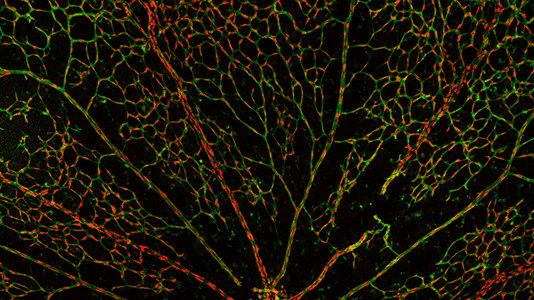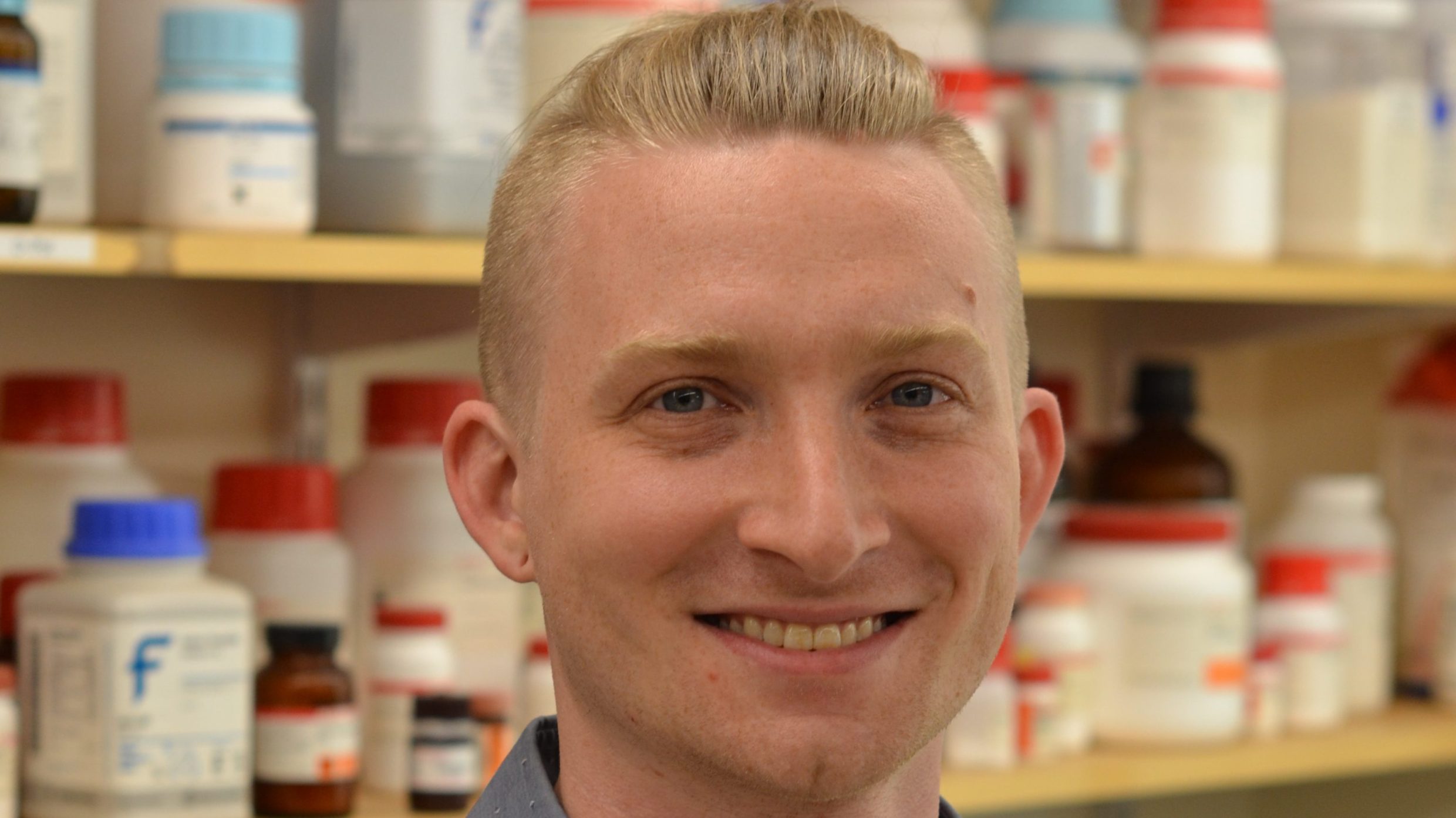< News
UEA scientists awarded £100K to study whether gut bacteria could help prevent spread of breast cancer
01/03/20
Norwich scientists to study whether certain antibiotics and probiotics could help prevent the spread of breast cancer, following new funding by Breast Cancer Now
Leading researchers from the Quadram Institute and the University of East Anglia (UEA) have been awarded £100,000 by charity Breast Cancer Now to investigate whether bacteria in the gut could be manipulated to help prevent the spread of breast cancer.
With new funding, Dr Stephen Robinson and PhD student Alastair McKee, will try to uncover whether using antibiotics or probiotics to change the composition of the bacteria in the gut could help prevent the disease spreading around the body, where it becomes incurable.
It is hoped this research could in future influence which antibiotics are given to patients undergoing breast cancer treatment and identify whether probiotic drinks or supplements could be used to manipulate gut bacteria to help reduce the risk of breast cancer spreading.
Breast cancer is the UK’s most common cancer, with around 55,000 women and approximately 370 men being diagnosed throughout the country each year. In the East of England alone, around 5,250 women are diagnosed with the disease, with over 1,100 deaths every year.
When breast cancer spreads around the body, it is known as secondary (or metastatic) breast cancer. It is not yet completely understood how the disease spreads, and while it is possible to control secondary breast cancer for some time, it cannot be cured.
Dr Stephen Robinson from the Quadram Institute and UEA has recently discovered that certain types of bacteria in the gut may help slow tumour growth. Following new funding by research and care charity Breast Cancer Now, his team will investigate how gut bacteria can influence the spread of breast cancer by looking at how they interact with the immune system.
Crucially, this project will also explore the potential role of antibiotics (which kill certain bacteria and change the overall composition of bacteria in the gut) in breast cancer treatment.
While a cornerstone of breast cancer treatment, chemotherapy reduces the number of white blood cells in the blood, making people more susceptible to infection. Antibiotics are therefore often prescribed to breast cancer patients to control any infections that arise during chemotherapy.
Click here to read the full article.



